

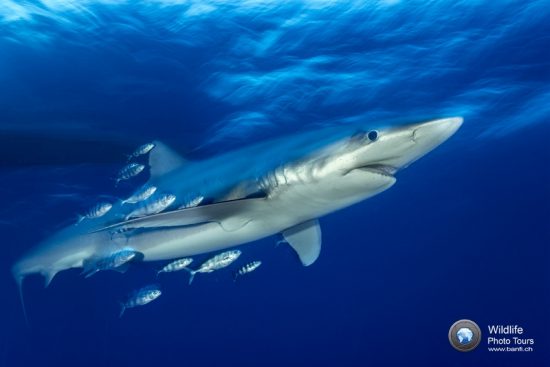
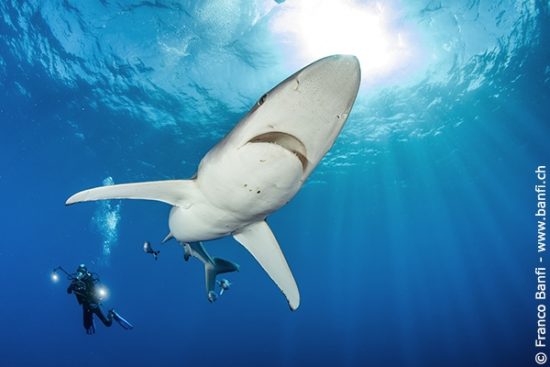
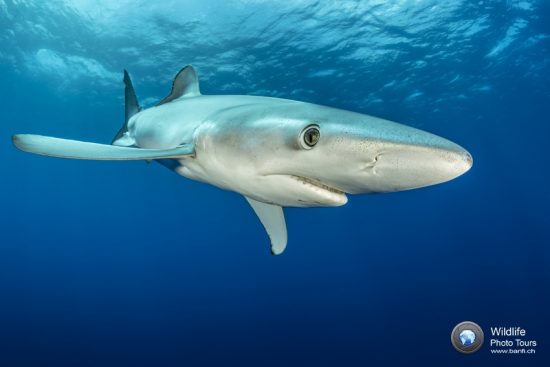
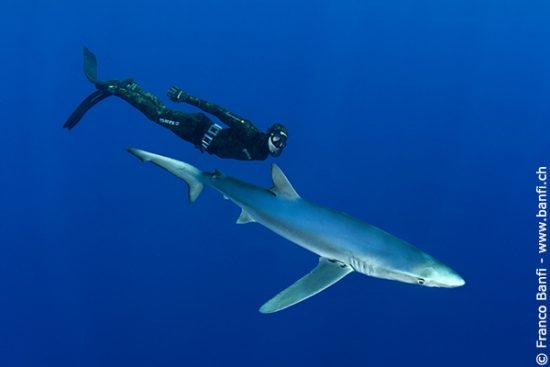
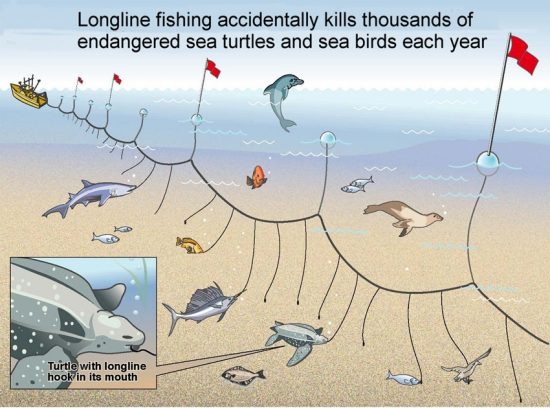
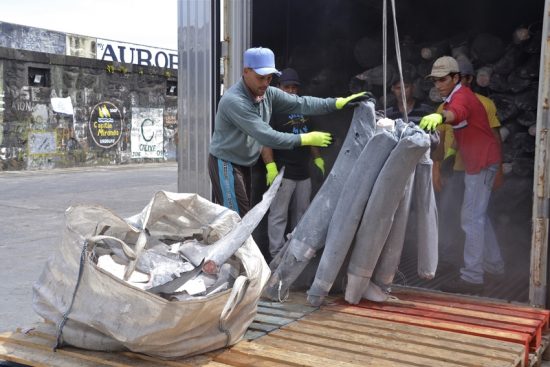
Nine islands of lava, each one different from the other; some with high coasts and fjords, inlets that seem to have been cut into the rock; others with gentle and cultivated slopes, with black sand beaches. Nine islands of sour taste, especially during the cold winter months, shook by the Atlantic storms and burned by salt. They are a paradise lost in time: a land where nature still reigns supreme, queen of time and space.
The Azores archipelago stretches for 500 kilometres and it is the most isolated of the Northern Atlantic. It plays an important role in the marine ecosystem of the North Atlantic Ocean. The area has a very complex oceanographic circulation, influenced by the Gulf Stream and branches of the North Atlantic and Açores currents. Oceanographic features of the area show steep submarine walls, ridges and escarpments and a very short continental shelf. Due to the complex circulation patterns and up-welling of nutrient-rich deepwater currents against the steep walls of the islands, these territories constitute a relatively food-rich area in the nutrient-poor central North Atlantic. The islands serve as a feeding ground for migrating species and for a plethora of other marine life, shaped to live in the currents and streams : sharks, tunas, jacks, rays, turtles and marine mammals.
An uncertain future
Unfortunately, all of them face an uncertain future due to the modern threats of overfishing, habitat destruction, pollution and climate change. For sharks, the situation is worst due to human ignorance and fear which has resulted in their formidable reputation. Researchers have found that the waters of the archipelago are one of the most important breeding grounds on Earth for blue sharks and various other protected species of shark, such as the hammerhead. These studies, based on the long term tracking of different life stages of blue sharks, show that these animals go from a nursery area around the Azores through the entire North Atlantic. As a consequence, a consistent level of protection for the shark stocks of the Azores is essential for the entire eco-system of the North Atlantic, also because there is a high degree of site fidelity with individuals of nearly all life stages.
Traditional fishing in the Azores is known for its moderate impact on ecosystems due to a sustainable fishing model based on individual capture without nets, but industrial fishing and international fishing vessels are destroying the balance of an archipelago considered one of the last paradises on Earth. Fishermen and vessel captains report that the current rate of captures is no longer sustainable because fishing methods are removing both targeted and unwanted species. As a consequence global fish stocks have dropped drastically.
Diving
Diving in the blue in the company of sharks is a unique and sometimes surreal experience. The journey starts in the morning, riding the waves aboard a sturdy and powerful dinghy until we are far from all visible coasts, in the middle of the blue ocean and the blue sky, breathing salty air and enjoying the breeze. There is
no-reference, no anchor line, no buoys … we are dots floating in the open ocean. Shades of sunlight descend beneath us, and disappear into the deep. This kind of blue water diving is not for unpractised divers who are not at ease in the water. With no points of reference from the sea floor or an adjacent reef, it’s easy to feel disorientated. Self-awareness and good buoyancy control are essential for appreciating and being amazed by blue sharks swimming lazily around you, totally tolerant of your presence.
Photos by Mares Ambassador : Franco Banfi
Written by Mares Ambassador : Sabrina Belloni
Contact : tour@banfi.ch
Facebook https://www.facebook.com/banfi.ch/
https://www.facebook.com/franco.banfi.37
 Franco and Sabrina
Franco and Sabrina 5th January 2018
5th January 2018 Pico, Portogallo
Pico, Portogallo